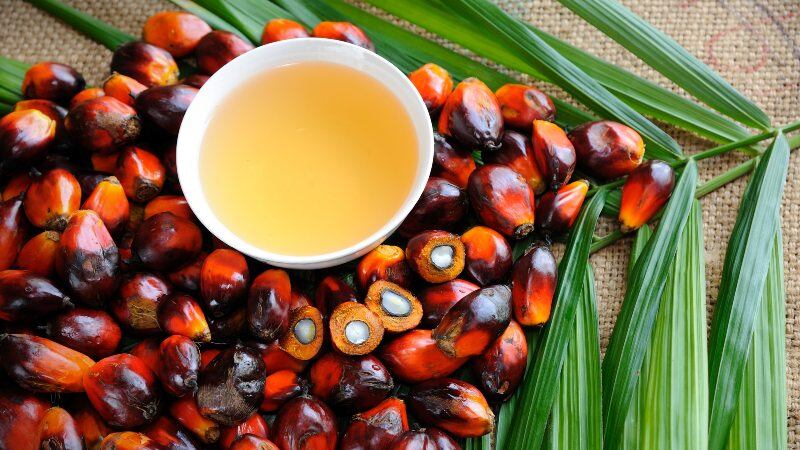A legal framework aimed at more efficiently enforcing Japan’s Green Food System Strategy, dubbed the Green Food System Act, was enforced earlier this year in July.
It contained various basic principles for the food industry to adhere to, along with detailed support measures such as potential tax relief and loans for those who came on board.
However, it appears that industry implementation of sustainability initiatives and collaboration with local state and regional sustainability plans has not been as enthusiastic as hoped.
The Ministry of Agriculture, Forestry and Fisheries (MAFF) has now notified certain food industry players that are engaged in business activities ‘subject to the national policies and systems based on the Green Food System Act’, requesting them to ‘apply for certification of their plans to implement or establish [new initiatives] based on this law’.
The specific food industry players and business activities were not named in the public announcement, but according to MAFF’s earlier Green Food System Strategy documents, major initiatives by 2050 will include reaching zero CO2 emissions and significant reductions of chemical pesticides and fertilizer use higher up in the food supply chain; as well as a minimum of 30% food manufacturer productivity enhancement further down the chain.
“MAFF will start accepting consultations regarding basic [general sustainability] plans created at the local prefectures and municipalities level,” the ministry said via a separate formal statement.
“Food industry players [from all throughout the supply chain] are encouraged to apply for certification [of their planned initiatives] accordingly, [as] there is also special financial assistance that can apply including the relief or reduction of income taxes and corporate taxes.”
New 2030 green targets
In addition to its existing 2030 and 2050 targets, MAFF has also recently released new additional 2030 sustainability targets to be achieved under this strategy, which would explain the government’s anxiety for the food and agriculture industry to move more quickly in implementing any new sustainability initiatives.
These include a 10.6% reduction in CO2 from the base value of 16.6 million tonnes in 2013 to 14.84 million tonnes in 2030; for 50% of agricultural producers nationwide to use electric and/or automated equipment in order to reduce fossil fuel use; a 10% reduction in chemical pesticide use as well as a 20% reduction in chemical fertiliser use.
For food businesses further down the supply chain, 2030 targets remain mostly similar to the initial requirements – most significantly, the 30% productivity improvement at the food manufacturer level is expected to be fully achieved by 2030. This is calculated based on labour productivity, i.e productivity per worker, and the 30% improvement would provide a leap from the 2018 baseline of JPY5.15mn (US$35,900) per worker to JPY6.69mn (US$46,635) per worker by 2030.
Business derived food loss is also expected to be decreased by 50% by 2030, which would be cut from 5.47 million tons of food loss in 2000 to 2.73 million tons.
“Food companies are also expected to put more consideration towards sustainability when it comes to their raw material imports starting now,” said MAFF.
“This is an initiative we expect from 100% of all major food companies in Japan [and is important] to establish a smart food value chain locally.”
Sustainability visualisation
To further push the food industry along in its sustainability efforts, the ministry has stepped up efforts to provide individual attention to all food system stakeholders that make requests pertaining to the Green Food System Strategy; and have also created various tools to help with its understanding.
This is particularly so for agricultural level food producers such as farmers who may need simpler explanations of the system to participate in it, such as one tool dubbed the Greenhouse Gas Simple Calculation Sheet.
“This tool can be used to calculate greenhouse gas production at the agricultural products level by entering material inputs such as pesticides or fertilisers and energy inputs such as agricultural machinery and facility heating – the resulting amount can then be compared to standard or target emissions [to determine performance],” said MAFF.
“This will also be useful when it comes to selling the agrifood products under the Green Food System Strategy, as it will provide a demonstration and visualisation of the greenhouse gas reduction effect [and thus how the products are more sustainable].
“This tool is still in the trial phase, and the initial target products under the trial include rice, tomatoes and cucumbers – these will be expanded in the future.”





